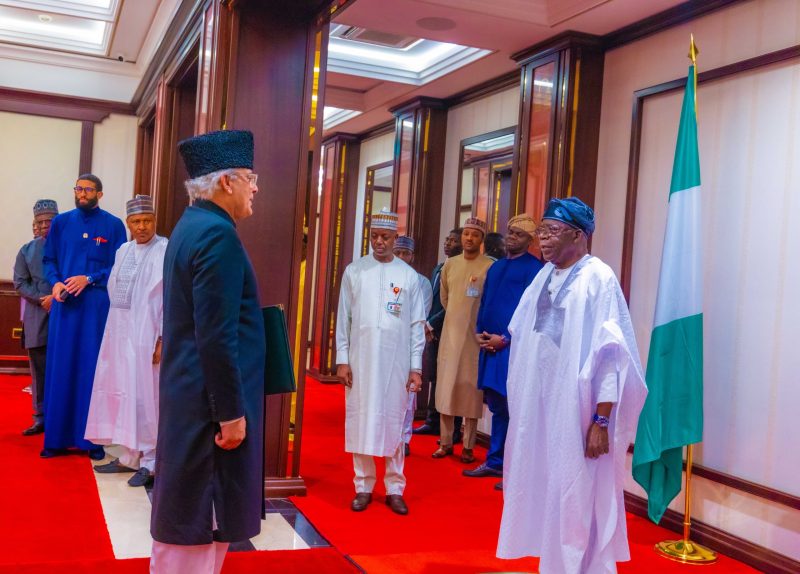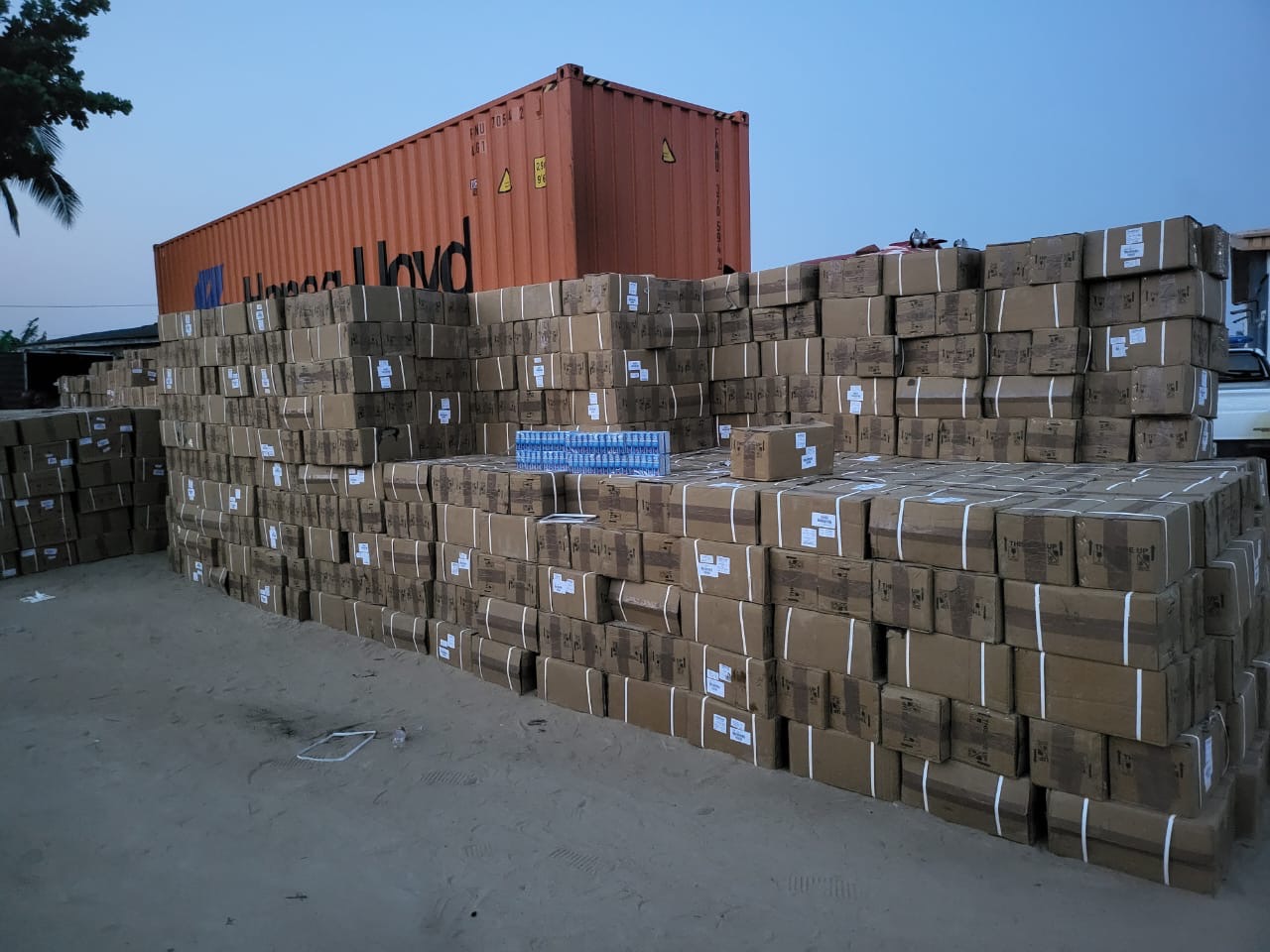By Joke Kujenya
THE FEDERAL Government is on the verge of securing substantial funding from the World Bank, as it awaits approval for loans totaling $2.25 billion by June 13, 2024.
The funding will be allocated to two significant development projects. The first project, named the Nigeria Reforms for Economic Stabilization to Enable Transformation Development Policy Financing, is slated to receive $1.5 billion. Meanwhile, the second project, titled the NG Accelerating Resource Mobilization Reforms Programme-for-Results, is seeking funding of $750 million.
To secure the $750 million loan, the government is considering reintroducing previously suspended telecom taxes and other fiscal measures.
While initial reports hinted at uncertainties, recent updates indicate that the loan approval is almost certain. During the spring meetings of the International Monetary Fund and the World Bank the previous month, Finance Minister Wale Edun announced that Nigeria had met the qualifications for processing a loan described as nearly a grant, amounting to $2.25 billion from the World Bank at a minimal interest rate of one percent.
The loan package, sanctioned by the World Bank’s Board of Directors, comes with favorable terms, including a 40-year term, a 10-year moratorium, and a nominal one percent interest rate.
According to programme documents available on the World Bank’s website, these two projects aim to bolster Nigeria’s economic stability and resource mobilization capabilities.
The funds are expected to support Nigeria’s endeavors in economic policy reforms and improving government resource mobilization, vital for the country’s long-term financial sustainability and economic robustness.
The primary objective of the PforR programme is to enhance non-oil revenues and protect oil and gas revenues from 2024 to 2028 at the federal level, emphasizing significant tax, excise, and administrative reforms.
The programme encompasses three main result areas: implementing tax and excise reforms to enhance VAT collections and excise rates on specific products, strengthening tax and customs administrations to improve VAT compliance and audit effectiveness, and safeguarding oil and gas revenues by enhancing transparency and net revenue contributions.
The PforR programme includes technical support to bolster the Federal Inland Revenue Service and the Nigeria Customs Service in improving taxpayer and trader compliance.
The overarching goal of the programme is to elevate non-oil revenues and safeguard oil and gas revenues.
This involves increasing the transparency of financial and operational performance through audits and enhanced reporting, along with maximizing net oil and gas revenues transferred to the Federation.
Additionally, the proposed DPF for Nigeria comprises a standalone operation with two tranches aimed at supporting significant reforms aligned with the government’s economic stabilization and recovery priorities.
This operation revolves around four key results across two pillars: increasing fiscal oil revenues from 1.8 percent of Gross Domestic Product in 2022 to 2.7 percent by 2025, boosting non-oil fiscal revenues from 5.3 percent to 7.3 percent over the same period, expanding social safety nets to assist 67 million vulnerable Nigerians, and increasing the import value of previously banned products from $11.3 million to $54.6 million by 2025.
At JKNewsMedia, our dedication to delivering reliable news and insightful information to our cherished readers remains unwavering. Every day, we strive to provide you with top-notch content that informs and enlightens. By donating to JKNewsMedia, you directly contribute to our mission of delivering quality journalism that empowers and informs. Your support fuels our commitment to bringing you the latest updates and in-depth analysis. Let's continue to uphold the highest standards of journalism and serve our community with integrity and dedication. Thank you for being a part of the JKNewsMedia family and for your ongoing support.





